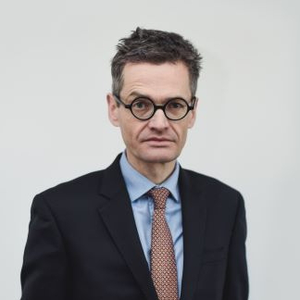Event Details
July 2021 marks the centenary of the founding of China's Communist Party. Domestic audiences can expect a summer of patriotic celebrations, stressing the indispensable role of the party in guiding China's transition from a weak, poor agrarian economy to a global economic giant. Chinese leaders will outline large hopes for the future, too: to make China a "great modern socialist country" by 2049, when the People's Republic turns 100. Chinese leaders have described ambitions to bind the world to Chinese markets and supply chains, while working to achieve self-reliance in key sectors so that their country avoids dependence on foreign suppliers or governments for materials or technologies critical to the country's national, economic or food security. After decades of biding their time and hiding their strength, party leaders are ready to promote their political model of authoritarian state capitalism to the outside world as the secret of China's success.
Those domestic expressions of pride and ambition pose a challenge, when it comes to telling China's story abroad. For China's rise looks increasingly disruptive to the Western-led world order that has enjoyed such pre-eminence since 1945. In 1949 the party won power with offers of domestic redistribution. Today, the promise from China's leaders to their people involves a global redistribution of wealth and geopolitical clout.
Join The Economist's Beijing Bureau Chief and Chaguan columnist David Rennie to reflect on 100 years of the CCP and what the future may hold. We'll explore the narratives that have shaped the party's understanding of itself and how they have shaped modern China and what policy signals the business community should be looking for at this consequential time.
Please note that this event is limited to senior-level executives and per invitation only. If you are not an existing member of The Economist Corporate Network, but would like to learn how you can attend our events, please contact us.



